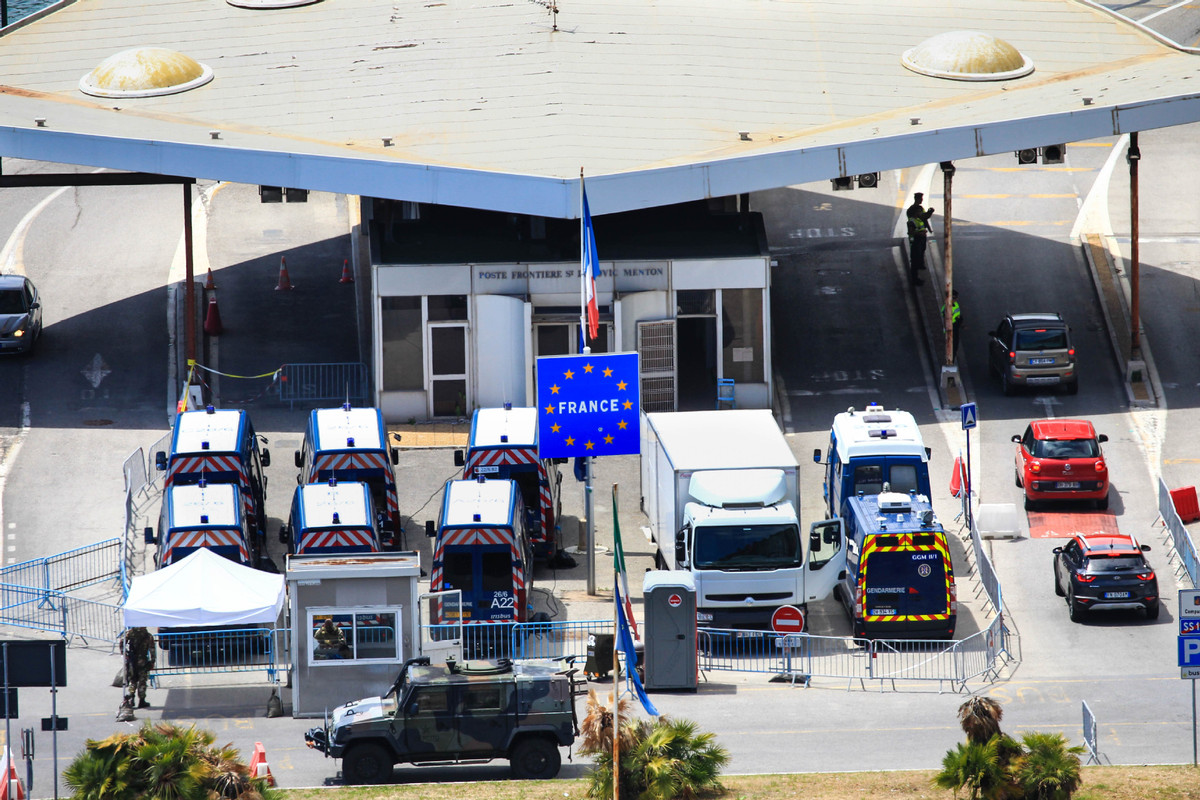European nations relax border controls with vigilance while gearing up to cut tourism fallout


BRUSSELS - A number of European countries on Monday started exiting border controls cautiously at different paces while striving to reduce tourism fallout and pushing vaccine development.
According to the European Centre for Disease Prevention and Control, Europe has registered 2,187,307 confirmed COVID-19 cases and 182,976 deaths as of 10:00 am CET (0800 GMT) on June 15.
REOPENING BORDER
Lots of European nations, including Germany, France, Belgium and Denmark, began to relax their border controls on Monday.
German Interior Minister Horst Seehofer announced last week that controls along Germany's land borders with Switzerland, France, Austria, and Denmark would be lifted from Monday, adding that the government would reconsider its plans if the COVID-19 situation worsens.
From June 16, EU citizens and Swiss nationals can enter Germany again unhindered, without controls and without quarantine regulations, according to the federal government's decision. The decision is with a few exceptions. For example, controls for foreigners arriving by plane from Spain will not end until June 21.
The German government on Monday lifted its travel warnings for the European Union (EU) members, the Schengen-associated states and Britain, except Spain, Finland, Norway and Sweden. The warnings were replaced by individual travel advice.
According to the German Federal Foreign Office, travel warnings would remain in force or would be issued again if there were a high number of newly infected people, as currently applied to Sweden. The benchmark was a number of more than 50 newly infected persons per 100,000 inhabitants over the last seven days.
In neighboring France, travelers from countries outside the Schengen area will have to wait until July 1.
In Belgium, the authorities reopened its border to other EU members, non-EU Schengen countries -- Switzerland, Liechtenstein, Iceland and Norway -- as well as Britain.
While Belgium gives the green light to other European countries, the same does not necessarily apply in the other direction. According to the information posted online by the Belgian Ministry of Foreign Affairs, Belgians can currently only visit Germany, France, Italy, Luxembourg, the Netherlands, Poland, Sweden, Liechtenstein and Switzerland without restrictions. Non-essential travel outside the EU and Schengen area is still prohibited.
The development came after the European Commission requested member states to have their borders reopened by July 1.
































